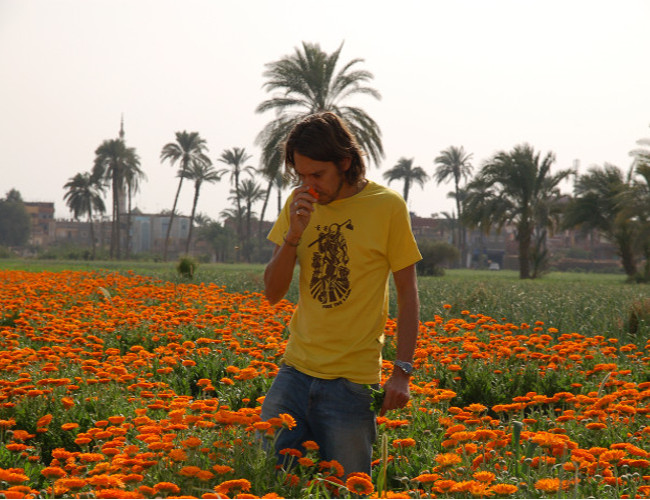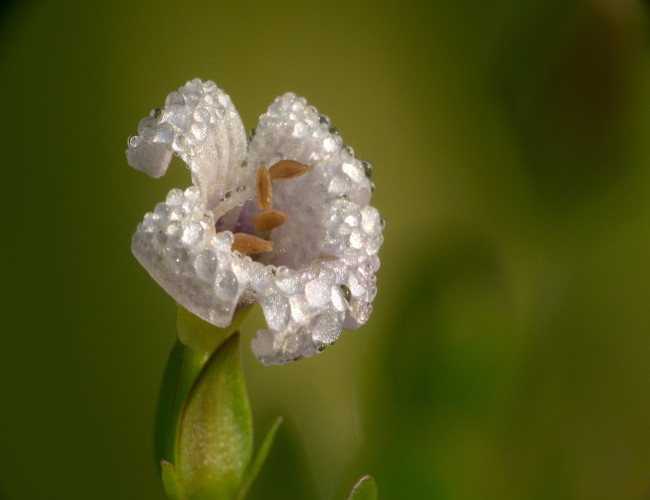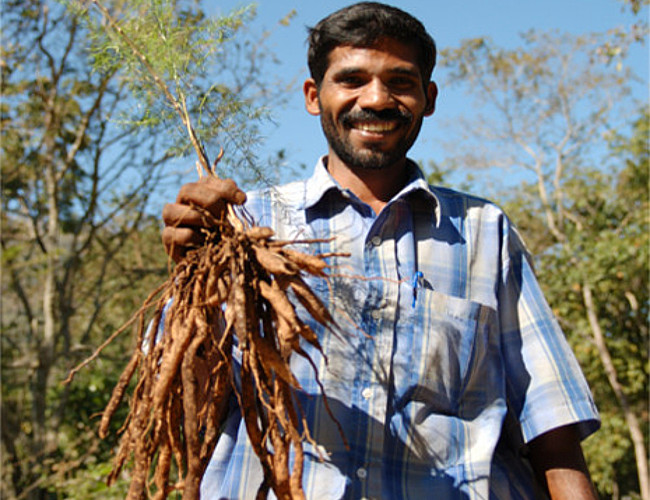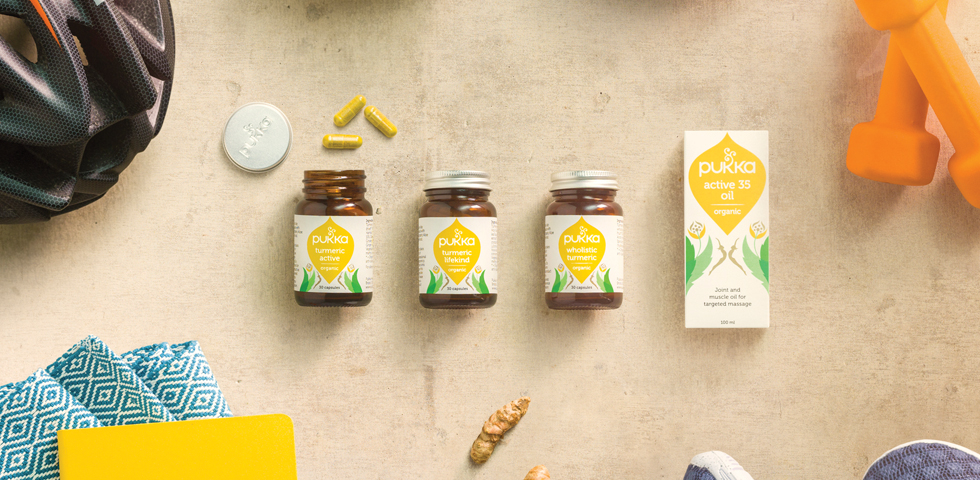Pukka began in 2001 after Sebastian Pole met his business partner, Tim Westwell.
Sebastian was an ambitious herbalist who wanted to change the world through introducing people to the power of herbs. Tim had been looking to step out of the corporate sphere to find a way to combine his passion to contribute to a more positive world with his business skills. They quickly realised they had a shared vision for a better world, with unique skills and knowledge which they could bring to the table. Fast forward 16 years and over a million cups of Pukka tea are drunk every day across the globe. Pukka also makes a successful range of supplements using the same medicinal grade, ethically traded organic herbs used in their teas.
The spark that would eventually ignite Sebastian’s desire to create Pukka began in his early twenties. After a degree in Hindi and Religious Studies, he travelled to India, enjoying weeks walking in the Himalayas, learning yoga and sleeping under the stars.
“I was searching hard to find what my life was all about,” says Sebastian. “These were wild and formative times. But after a couple of U-turns I realised that I wanted to spend my life working with people and plants. The dream of becoming an Ayurveda practitioner and herbalist became a huge inspiration in my life. Not so much an epiphany but more of a gradual dawning.”

So Sebastian returned to college in London to study Ayurvedic, Chinese and Western herbal medicine. “I fell head-over-heals in love with the poetry of traditional medicine and was blessed to have some great teachers who nurtured this kernel of passion,” explains Sebastian. “Traditional medicine is so person-centred with such deep insights into the workings of nature that I was completely inspired. And the plants just lit me up.”
Sebastian then spent a number of years working on an organic herb farm which would eventually become one of Pukka’s biggest suppliers. So by the time Sebastian met Tim he was ready to fulfil this dream.
The idea to set up Pukka was based on a simple premise: to awaken people to the incredible power of herbs. Tim and Sebastian quickly hit upon the idea that tea was a great way to do this. Sebastian told me: “We wanted to create a business centred around mutual benefit, one where everyone who came into contact with it would profit: sensually, healthily, ecologically, socially and financially. We wanted to reach millions of people, so that their lives could be touched with the wonders of herbs. The simple daily ritual of a delicious cup of tea is just such the perfect vehicle to do this!”

In Hindi, Pukka means ‘real, authentic or genuine’ and this was the type of organisation they wanted to create. “We wanted to do good through commerce.” says Sebastian. “So every business choice we made from the outset was achieving just that. From the organic herbs that we now source from across the globe through to our commitment to ensure a fair price is payed to everyone throughout our supply chain.”
The principles of organic farming are extremely important to Pukka. “Organic farming defines ‘health’ for me,” says Sebastian. “It is a way of farming the natural world for the benefit of all: it’s better for the environment, wildlife and us. Because cotton is such a polluting crop even the string on our teabags is organic.”
Today Pukka is also pioneering new ways to ensure that the organisation is making a genuine contribution to global equality, poverty and the environment. For example, Pukka is working with FairWild growers in India, Kazakhstan, Bosnia, Hungry and Spain. FairWild is an innovative scheme which guarantees that the plants used from the wild have been harvested in a sustainable way and that the collectors have been paid fairly for their work.

By the end of 2017, Pukka aims to have all its teas certified as ‘fair’ through a new scheme called ‘Fair for Life.’ Pukka’s HQ in Bristol is carbon neutral signifying a continued commitment to reduce the company’s carbon footprint in its offices and across its supply chain. The organisation also gives 1% of its turnover to environmental charities each year.
An uncompromising commitment to quality has been a crucial part of the Pukka formula since the organisation began. High-grade, medicinal quality herbs are used not just in Pukka’s supplements but also the teas. “These are the same grade of herbs that herbal practitioners use to treat people” explains Sebastian. “They are rich in natural oils, brimming with vitality.” A special process which Pukka calls ‘wholistic extraction’ is used to obtain all the goodness of these herbs into many of Pukka’s supplements.
From humble beginnings in the south west of England, Pukka now exports to 41 countries. So what next?

“At the moment we are very excited about our new turmeric range,” says Sebastian. “The potential benefits of this vibrant root for our own wellbeing are vast and there have been over 6,000 pieces of research which demonstrate this. It’s been used for centuries to help keep the skin pure, the blood clean and the lifelong. In traditional Indian herbal medicine turmeric has been used to help maintain healthy blood, skin, circulation and as a nourishment to feed the whole body. That’s why we’ve launched an entire range of products dedicated to this wonder spice.”
And what about 2017? Sebastian explained: “We have grand plans for the next year. As well as growing our popular tea range, we’ve also an exciting range of supplements next spring. We can’t say too much at this stage although the clue’s in the herb which will take centre stage: shatavari. Shatavari is one of my favourite herbs and has earnt the nickname of ‘she of a 100 husbands.’”






















